I’m a doctor — here are the best tips for surviving seasonal allergies
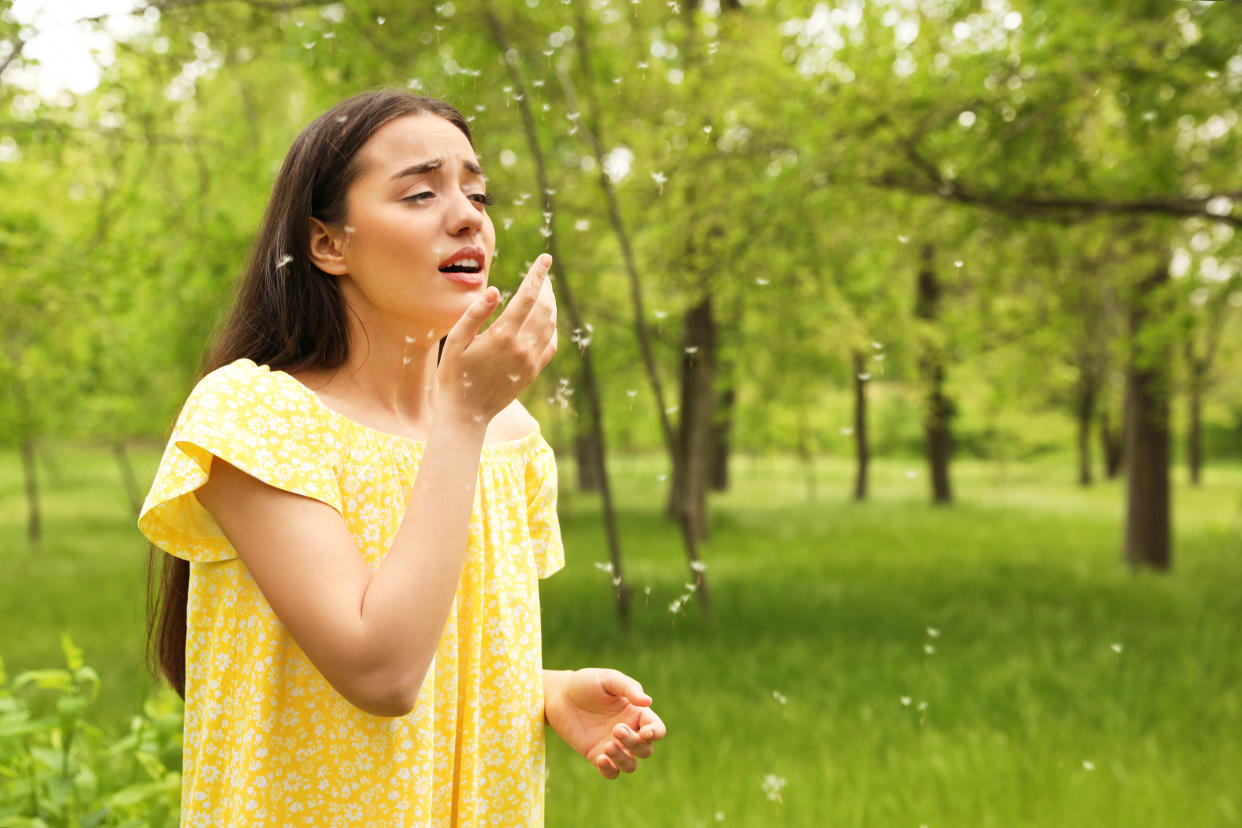
Allergy season is here — and it’s nothing to sneeze at.
If the annual bloom of spring flowers and return of warmer temps spells disaster for your health, you’re hardly alone. About 25% of adults and nearly 19% of children report having seasonal allergies, according to the Centers for Disease Control and Prevention. Symptoms can range from the annoying — sneezing and a stuffy nose — to the downright miserable — itchy, watery eyes, congestion, fatigue, coughing and post-nasal drip.
And you’re not imagining it: Allergy season is getting worse.
“It’s getting warmer earlier,” Dr. Purvi Parikh, an allergist and immunologist with the Allergy and Asthma Network, told the Post. “And not only is the season longer, but plants are also producing more pollen. So it’s a longer and stronger season each year. And that’s a trend that we’ve been regularly seeing.” In fact, between 2001 – 2010, daily airborne pollen amounts increased 46%.
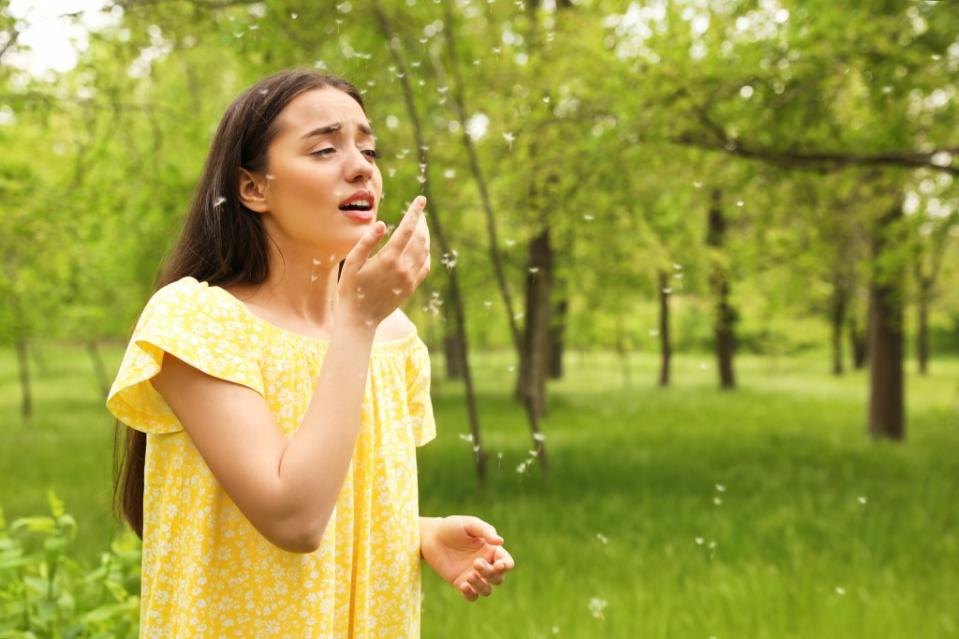
To make matters worse — we’re still not entirely out of cold and flu season, and knowing the difference between a respiratory illness, like RSV or COVID-19, versus seasonal allergies can be tricky.
If you’re an allergy sufferer and you know it’s your time of the year, you may be able to correlate your symptoms, Dr. Emily Weis, clinical director for the University of Rochester Department of Allergy, Immunology and Rheumatology, told the Post.
“But if you have fever, body aches, severe headaches — then that may be indicative of an illness,” Weis explained.
And don’t think you’re off the hook just because you live in a concrete jungle.
“So many people have a misconception that it’s worse in the suburbs, because you can see trees and grass,” Parikh said.
However, tree pollen can travel miles from its original source, and because air quality tends to be poorer in cities, according to Parikh, you might find your allergies are worse than ever when surrounded by skyscrapers.
Luckily, there are steps you can take to mitigate the misery. Here are six doctor-approved tips for surviving the spring allergy season.
Take your allergy meds early and consistently.

If you know you’re prone to allergies, the best thing you can do is start early with your medications. That means you should already be taking them by now, says Parikh.
“If you’re doing it early and preventatively, it’s much better than once things are already flared up and out of control,” Parikh explained.
Allergy meds could include the over-the-counter brands like Zyrtec, Claritin and Allegra, or it could include something like a prescription inhaler.
“We have some pretty great over-the-counter treatments between antihistamines and nasal sprays,” Weis noted. And you can even work with your primary care physician as a starting point to see what might work best for you.
However, you should make the newer, non-drowsy meds your first go-to and skip Benadryl, warns Parikh. “Benadryl actually has a lot of side effects and only lasts about six hours. So it’s not the medicine of choice for treating allergies,” Parikh advised.
She also recommends steering clear of anything with “D” — for decongestant — in the name.
“It is not good to use long-term,” Parikh said. “Believe it or not, it actually will make your allergies worse. So you feel better in the short-term, but then it actually causes them to come back worse — a rebound effect.”
Keep your windows closed.
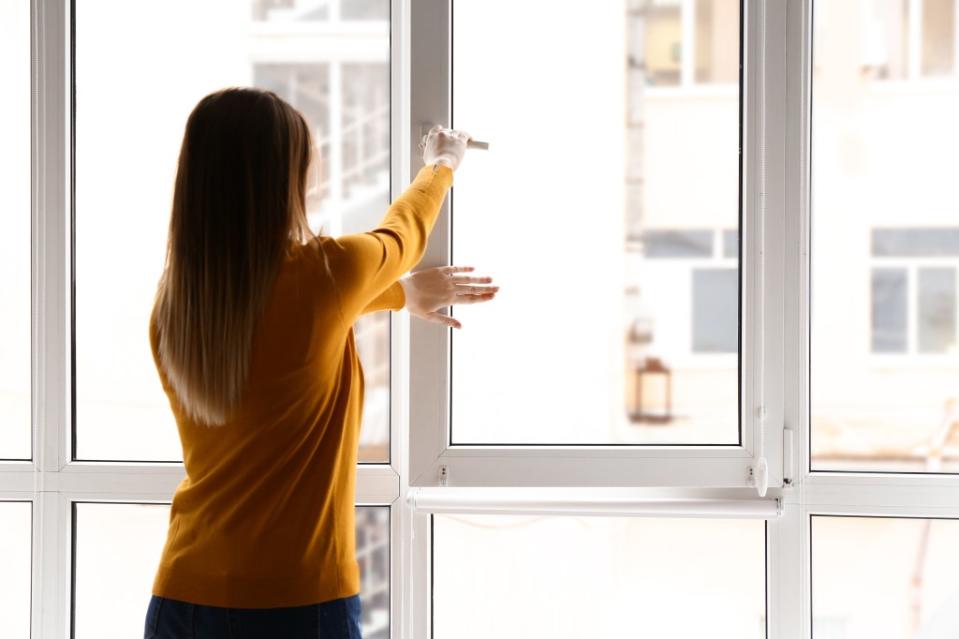
All that fresh spring air might do wonders for a musty bedroom, but it’s not doing your allergies any good.
“Don’t sleep with your windows open during pollen season,” Parikh said.
Wear a mask.
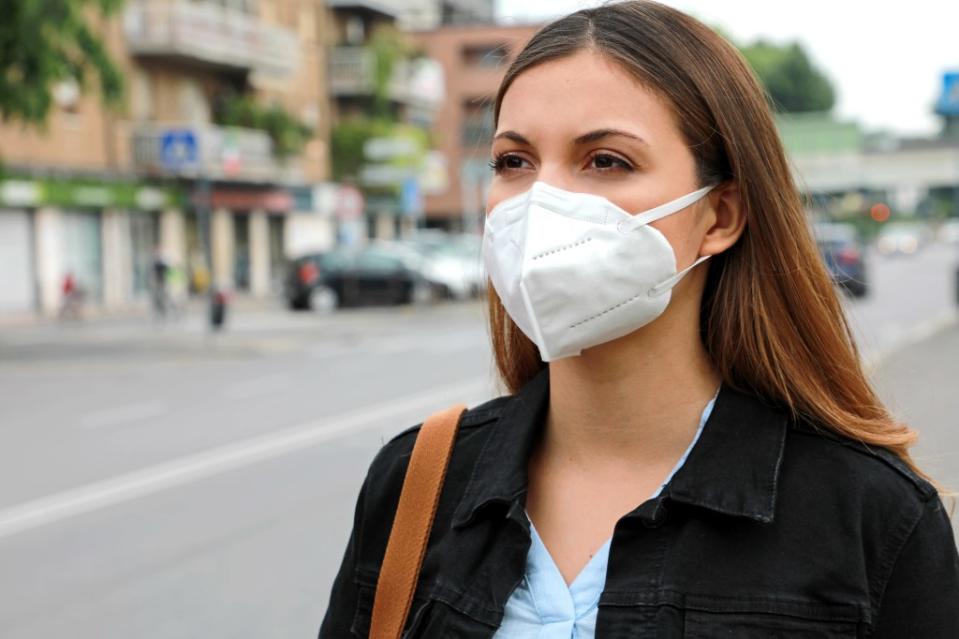
We know, you’re sick of masking. But if your allergies are truly awful, wearing a mask could help filter out some of the tiniest pollen particles.
At the very least, Parikh suggested, consider wearing a mask when you’re cleaning your house so you’re not inhaling as much dust and pet dander. Although those irritants are separate from the seasonal kind, like pollen, they can still cause the same symptoms.
You could also consider wearing a hat and sunglasses while you’re outside, said Weis. “You can shield yourself from direct contact with pollen, especially to your eyes.”
Save your workouts for the evening, or take them inside.
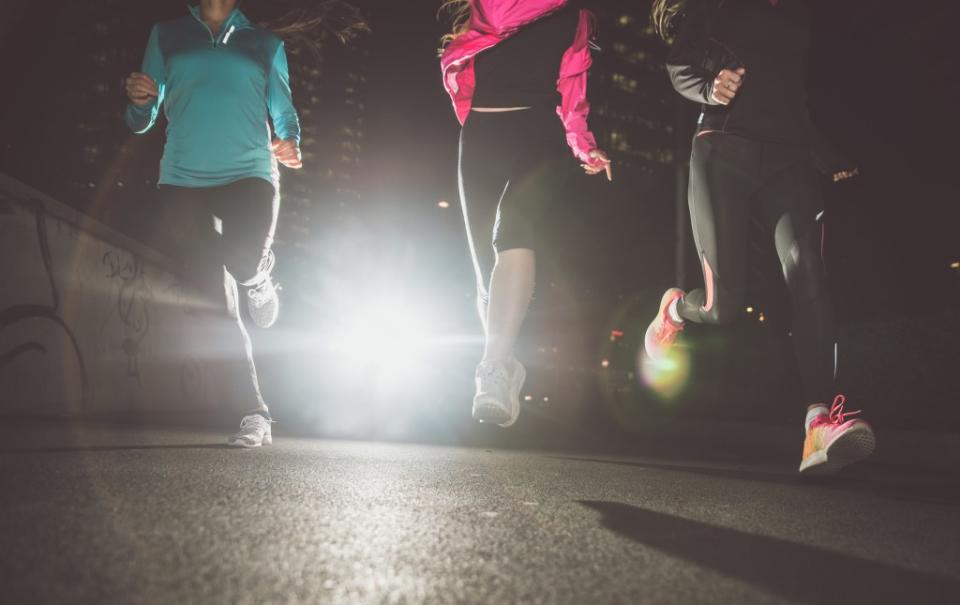
For once, it’s good to not be an early bird.
Pollen levels tend to rise in the morning, so experts recommend you avoid outdoor activities between 5:00 a.m. – 10:00 a.m. Save your run or bike ride for late afternoon or even after a rainstorm, when pollen counts are lower, experts advise.
Change your clothes immediately upon arriving home.

Pollen can get everywhere — in your hair, on your clothes, and on your shoes. Parikh said that if you’ve been out and about for the day, changing your clothes immediately upon arriving home can help you to minimize the amount of pollen that you’re tracking into your house.
If your allergies are really bad, you could even take a shower, Weis added.
And it might sound obvious, but avoid hanging your laundry outside to dry and make sure you always wash your clothes between wears to reduce pollen build up, according to Mayo Clinic.
See a specialist if you’re truly miserable.
“If you’re someone that really suffers for long periods of time, or [your allergies are] getting worse, you may want to see an allergist,” Parikh said.
An allergist may prescribe immunotherapy, which basically desensitizes your body over time so that you don’t react to the pollen in the first place, Weis explained. While people with severe allergies may always need to take some medication, immunotherapy can drastically reduce the severity of the symptoms.
“The whole goal is to help patients not react in the first place, and these treatments can be very beneficial,” Weis said.

